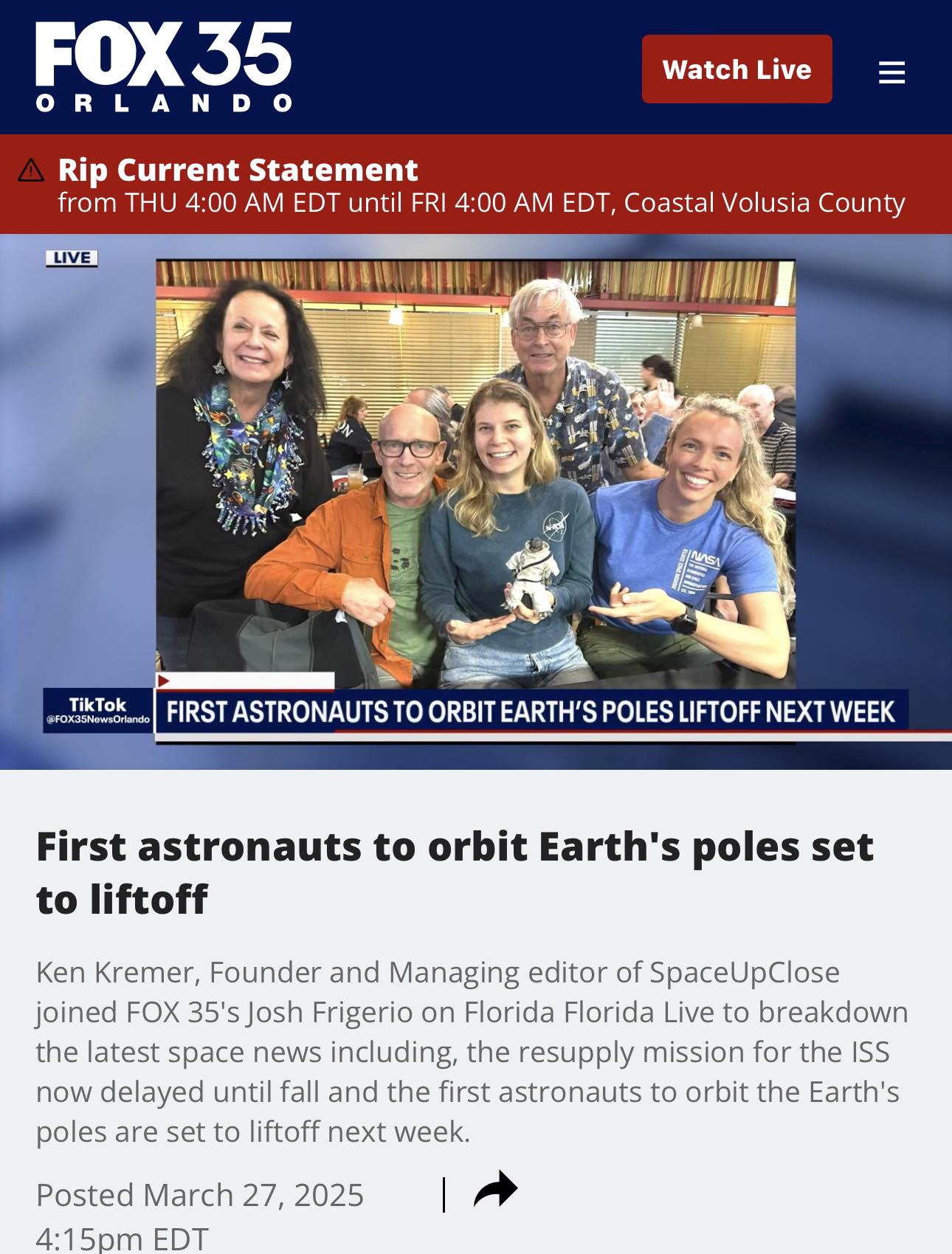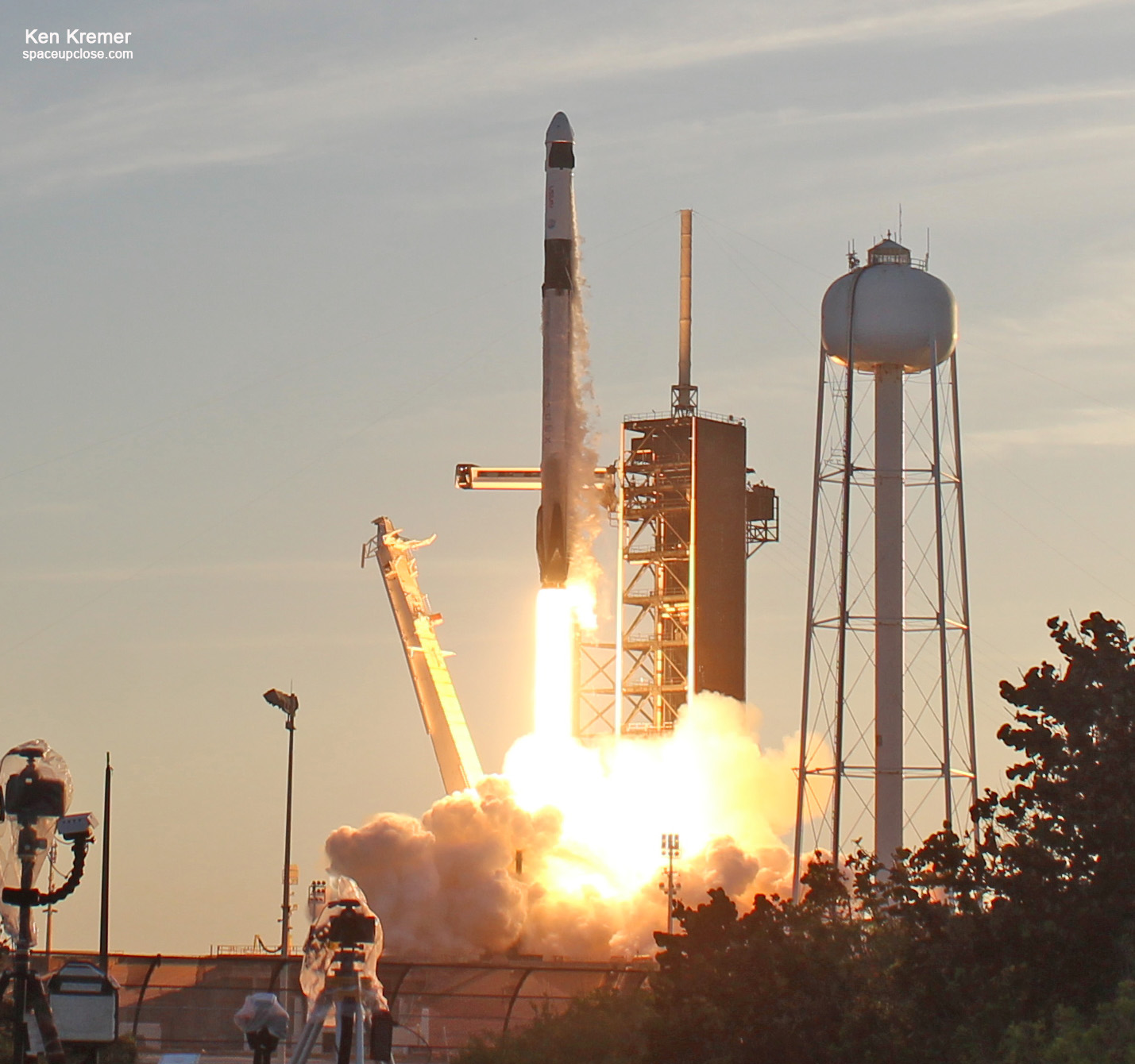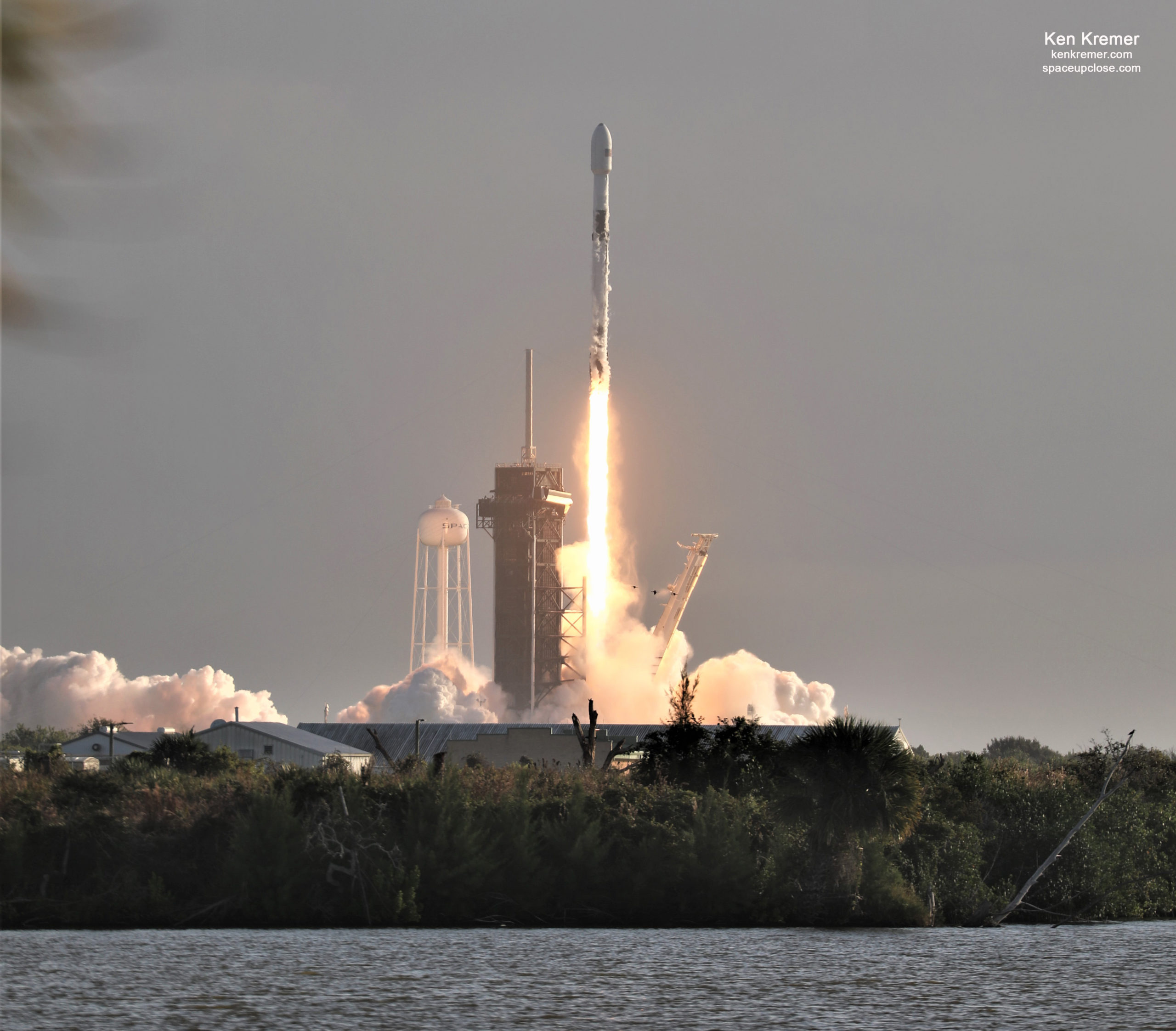
For SpaceUpClose.com & RocketSTEM
KENNEDY SPACE CENTER, FL – Sunday morning Oct. 18 brought another spectacular sunrise blastoff of a SpaceX recycled Falcon 9 carrying 60 Starlink internet satellite to low Earth orbit (LEO) from the Kennedy Space Center – just shy of two weeks after the prior Starlink launch on Oct. 6 from Florida’s Space Coast.
Moreover this counts as the 1st of two Starlink launches planned this week from the Space Coast.
In another amazing feat this mission counts as only the second ever for a 6th launch booster – designated as B1051.6. Both fairing halves are recycled and are being flown for the 3rd time.
Furthermore all 60 Starlink satellites were successfully deployed and the 1st stage landed successfully some eight minutes later on the ocean going ‘Of Course I Still Love You (OCISLY) droneship platform.
Although it was once again touch and go with threatening weather like last time as rains storm inundated the Cape several hours before launch time overnight Saturday into Sunday – but in the end the skies overhead cleared enough and for just long enough to bring thrills to space fans.
And were all lucky because within 30 minutes dark skies again rolled in and it poured rain all Sunday afternoon throughout the Space Coast region.
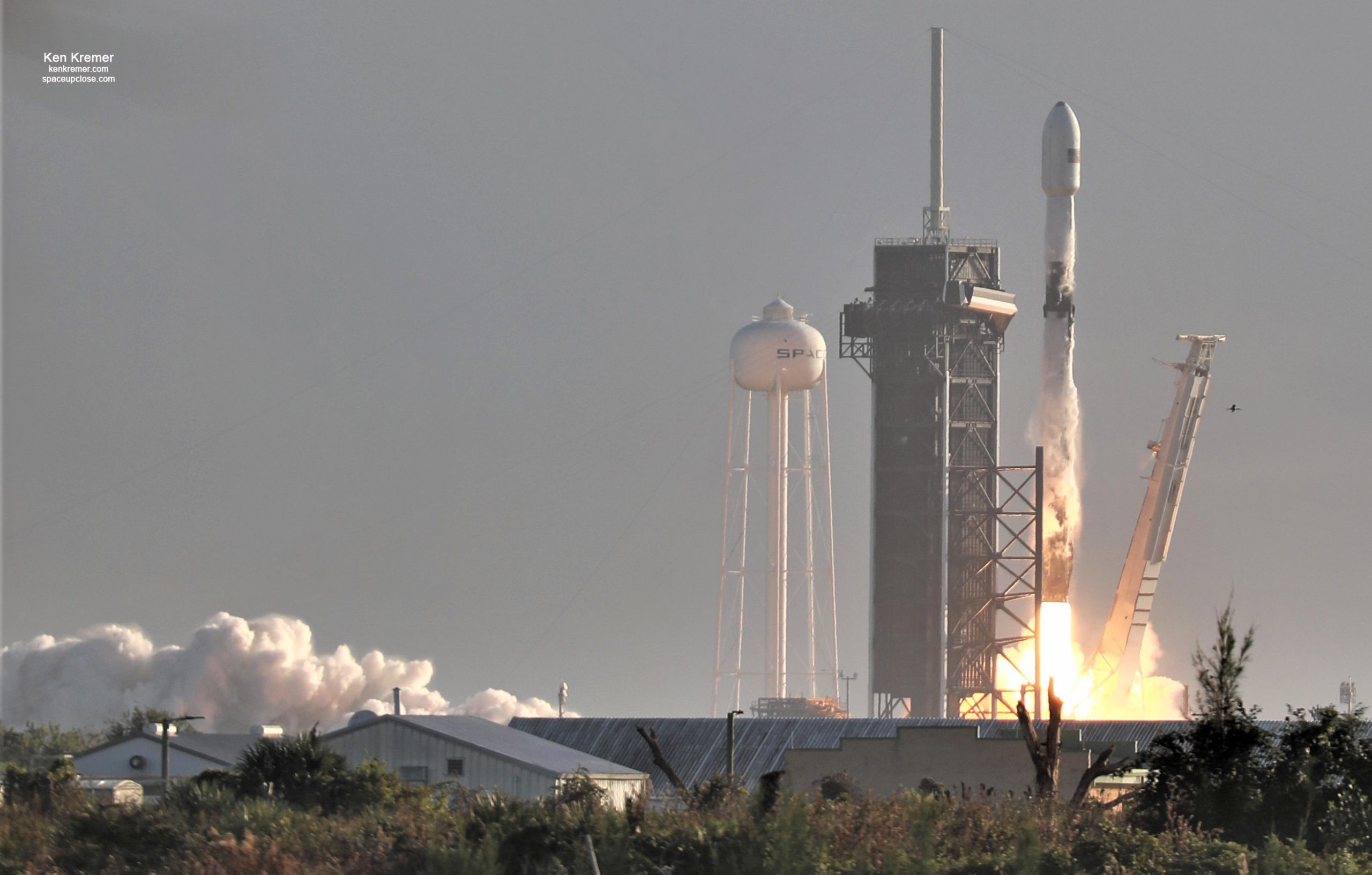
Stunning liftoff of the 23 story tall single stick recycled SpaceX Falcon 9 on the 14th mission carrying Starlink broadband internet satellites took place during the instantaneous window at 8:25:57 a.m. EDT (1225:57 GMT) Sunday morning, Oct. 6 from Launch Complex-39A on NASA’s Kennedy Space Center – just a few minutes after sunrise.
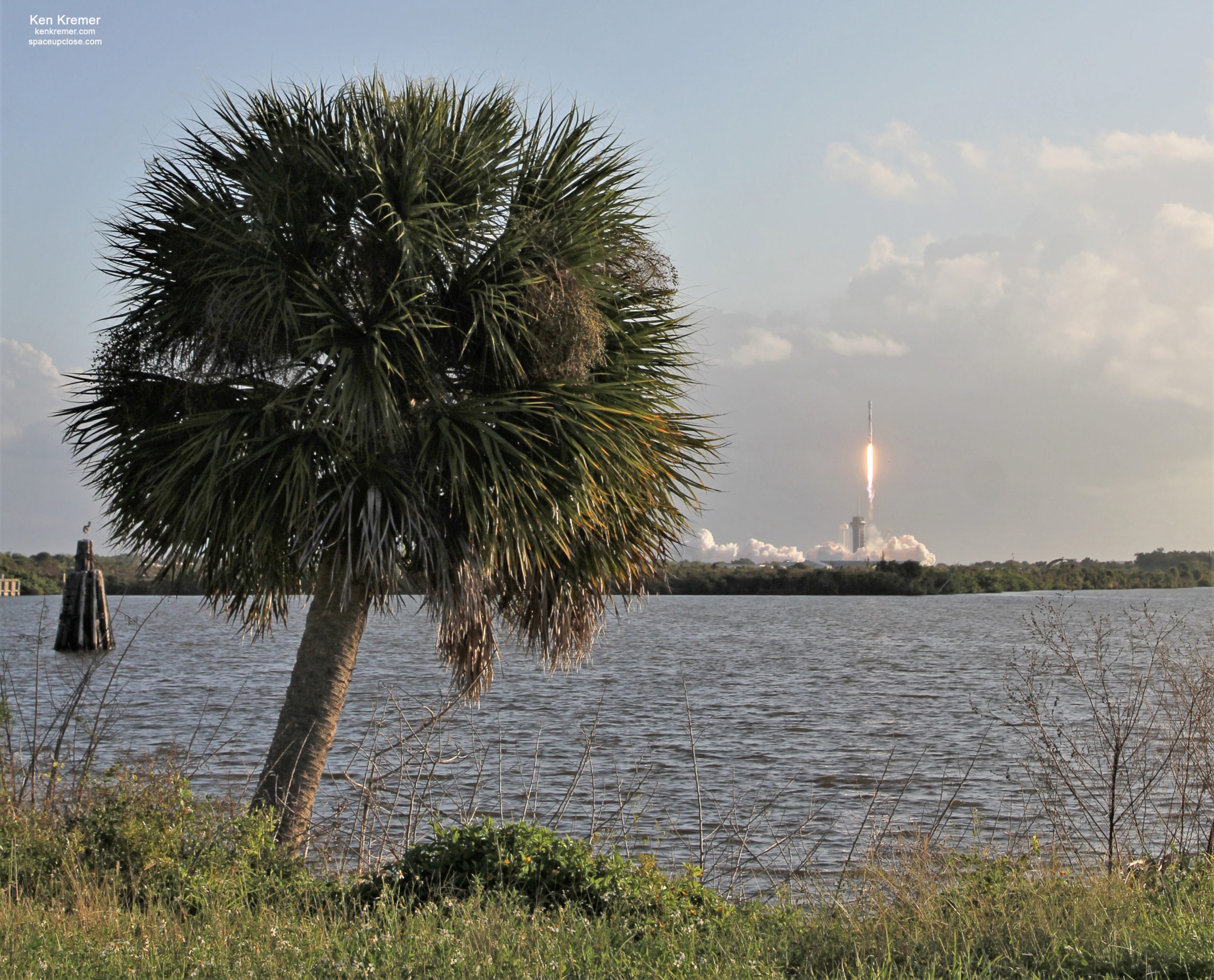
The 15th Starlink mission is currently slated for lunchtime Wednesday, Oct. 21.
Loaded with LOX and LH2 propellants all none Falcon 9 Merlin 1D first stage engines on flight- proven booster B1051.6 ignited to generate 1.7 million pounds of liftoff thrust and roared off pad 39A with crackling thunder into a mostly cloud free sky that luckily cleared in the final hour – heading northeasterly with a packed nose cone of Starlink broadband satellites.
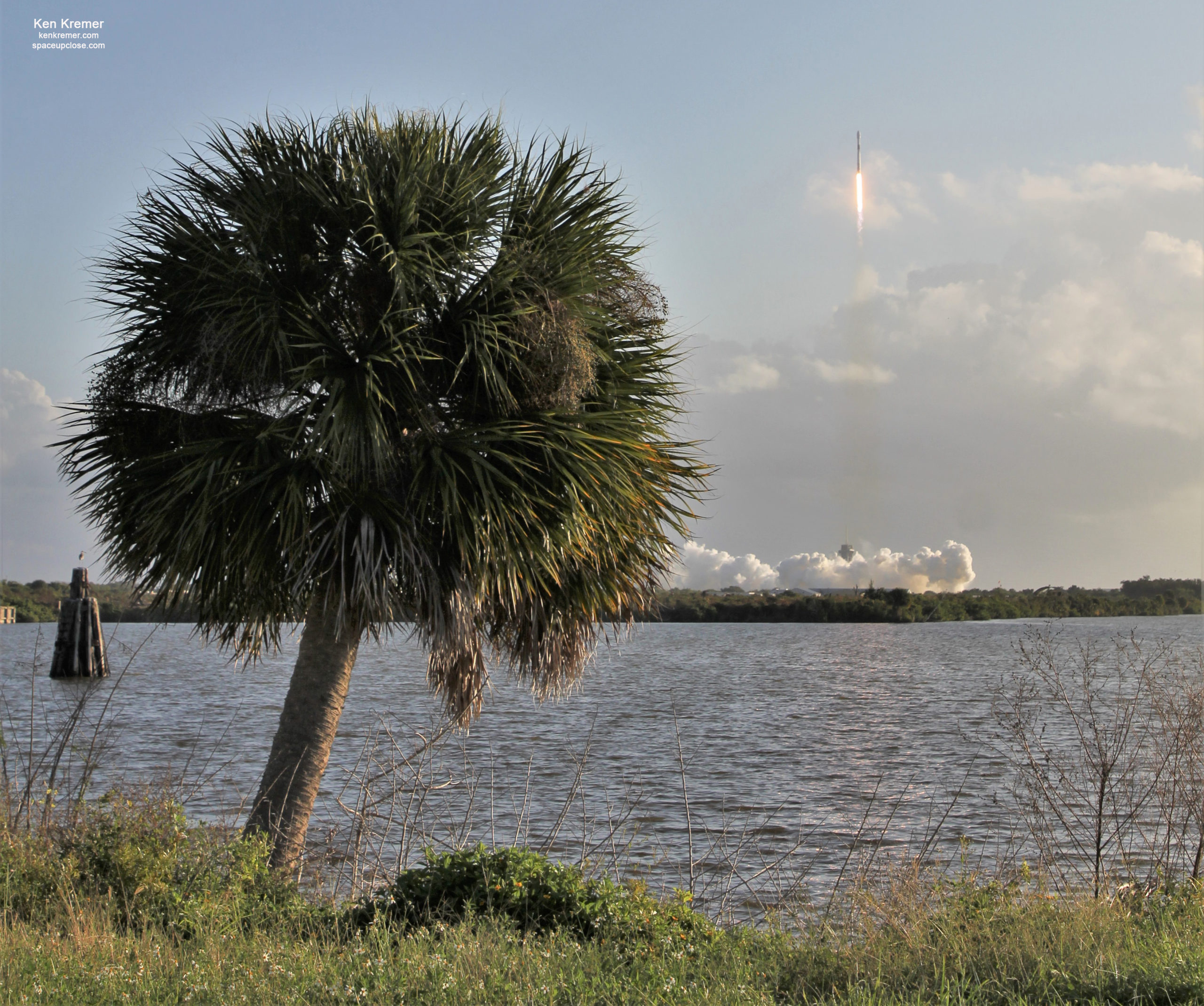
Liftoff video from SpaceX:
Liftoff! pic.twitter.com/nocQLTMe1G
— SpaceX (@SpaceX) October 18, 2020
This ‘flight-proven’ Falcon 9 first stage booster B1051.6 roared off pad 39A for the sixth time on missions to space and back.
Falcon 9’s first stage previously supported Crew Dragon’s first demonstration mission to the International Space Station, launch of the RADARSAT Constellation Mission, and three Starlink missions this year.
In addition to a successful launch and after stage separation the 15-story tall booster accomplished another precision guided propulsive descent and safely touched down on the ‘Of Course I Still Love You (OCISLY) ocean going droneship platform some eight and a half minutes after liftoff.
“Falcon 9’s first stage has landed on the Of Course I Still Love You droneship,” SpaceX tweeted with this video:
Falcon 9’s first stage has landed on the Of Course I Still Love You droneship pic.twitter.com/mGBLwsC6Gs
— SpaceX (@SpaceX) October 18, 2020
Droneship OCISLY was already waiting at its stationing position some 400 mi (640 km) north east of KSC off the coast of the Carolina’s with a football field sized landing platform.
The Starlink satellites were deployed 1 hour and 3 minutes after liftoff.
“Deployment of 60 Starlink satellites confirmed,” SpaceX tweeted with video.
Deployment of 60 Starlink satellites confirmed pic.twitter.com/QVv8m7gClz
— SpaceX (@SpaceX) October 18, 2020
The ever expanding Starlink constellation now numbers approximately 835 refrigerator sized broadband internet relay satellites launched to orbit and aimed at serving rural and underserved areas across the globe – where service is “unreliable, expensive, or completely unavailable.”
The upper stage delivered the payloads into an initial near-circular orbit 172 miles (278 kilometers) above Earth at an inclination of about 53 degrees to the equator.
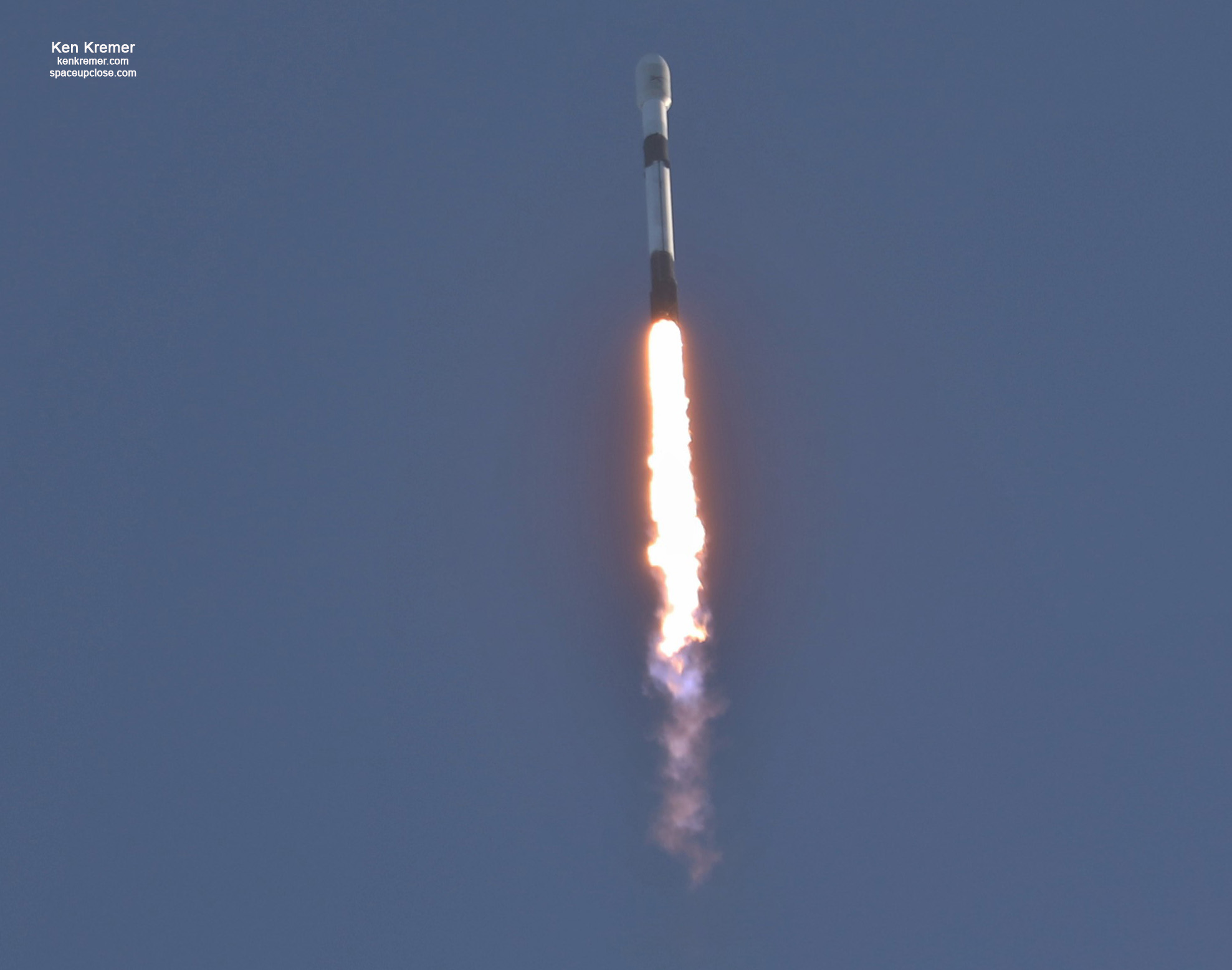
However quite a few have been deorbited for a variety of reasons – thus the true number of Starlinks in orbit is estimated at about 750.
There were no rideshare payloads on this flight – thus the full complement of 60 Starlinks was stowed aboard as payload and encapsulated inside the nose cone.
Enjoy my photos of the Falcon 9 launch and prelaunch from Launch Complex-39A taken for Space UpClose
Check back as the gallery grows.
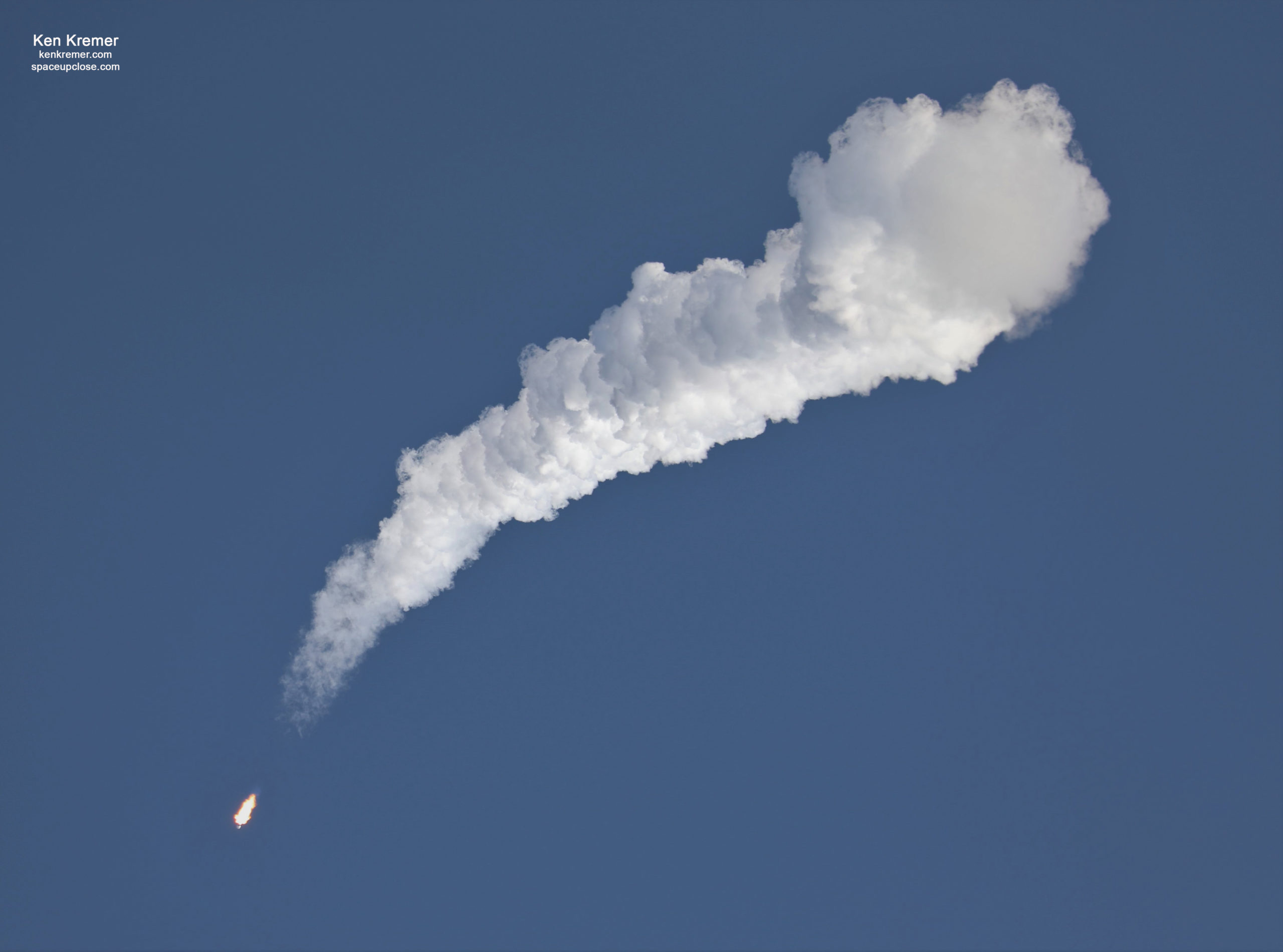
SpaceX says you can sign up to receive updates on Starlink news and service availability in your area. Please visit starlink.com
“As our Starlink network is still in its early stages, the Starlink team continues to test the system, collecting latency data and performing speed tests of the service. The team also recxently installed Starlinks on the Administrative Center building and about 20 private homes on the Hoh Tribe Reservation, located in a remote area of western Washington State where internet service is limited or completely unavailable. You can learn about the Hoh Tribe’s experience here,” says SpaceX.
SpaceX had also dispatched its fleet of payload fairing catcher boats GO Ms. Tree and GO Ms. Chief to try and catch and retrieve both nose cone halves from the mission.
The two stage Falcon 9 rocket stands 229 feet (70 meters) tall.
Falcon 9 launches 60 Starlink satellites – one step closer to providing high-speed broadband internet to locations where access has been unreliable, expensive, or completely unavailable pic.twitter.com/3J06rSFBqm
— SpaceX (@SpaceX) October 18, 2020
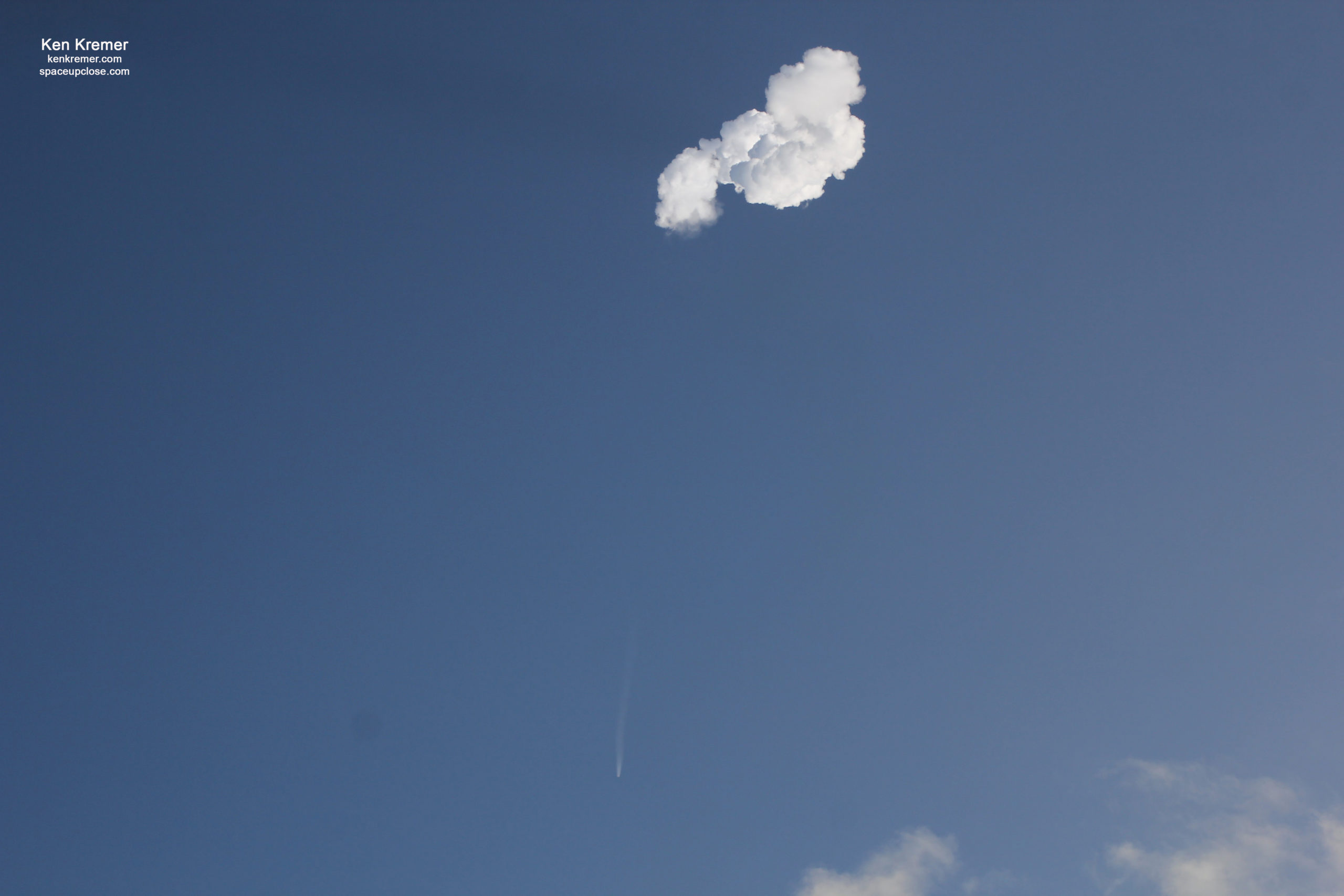
Watch Ken’s continuing reports about Starlink, Commercial Crew and Artemis and onsite for live reporting of upcoming and recent SpaceX and ULA launches including Demo-2, Starlink, X-37B, Solar Orbiter, Mars 2020 and more at the Kennedy Space Center and Cape Canaveral Space Force Station.
Stay tuned here for Ken’s continuing Earth and Planetary science and human spaceflight news: www.kenkremer.com –www.spaceupclose.com – twitter @ken_kremer – email: ken at kenkremer.com
Dr. Kremer is a research scientist and journalist based in the KSC area, active in outreach and interviewed regularly on TV and radio about space topics.
………….
Ken’s photos are for sale and he is available for lectures and outreach events
Please consider supporting Ken’s work by donating at Patreon:
https://www.patreon.com/kenkremer
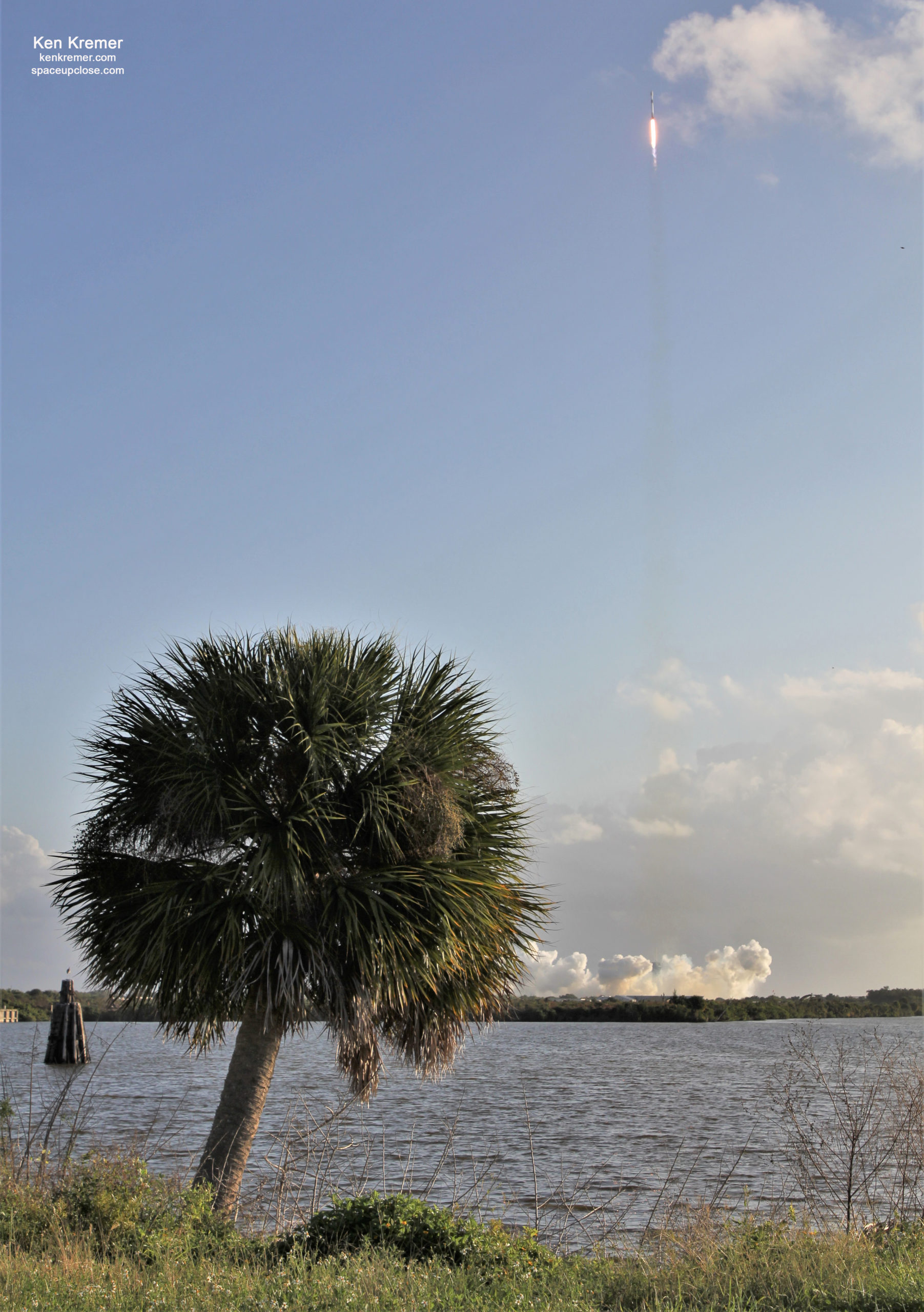
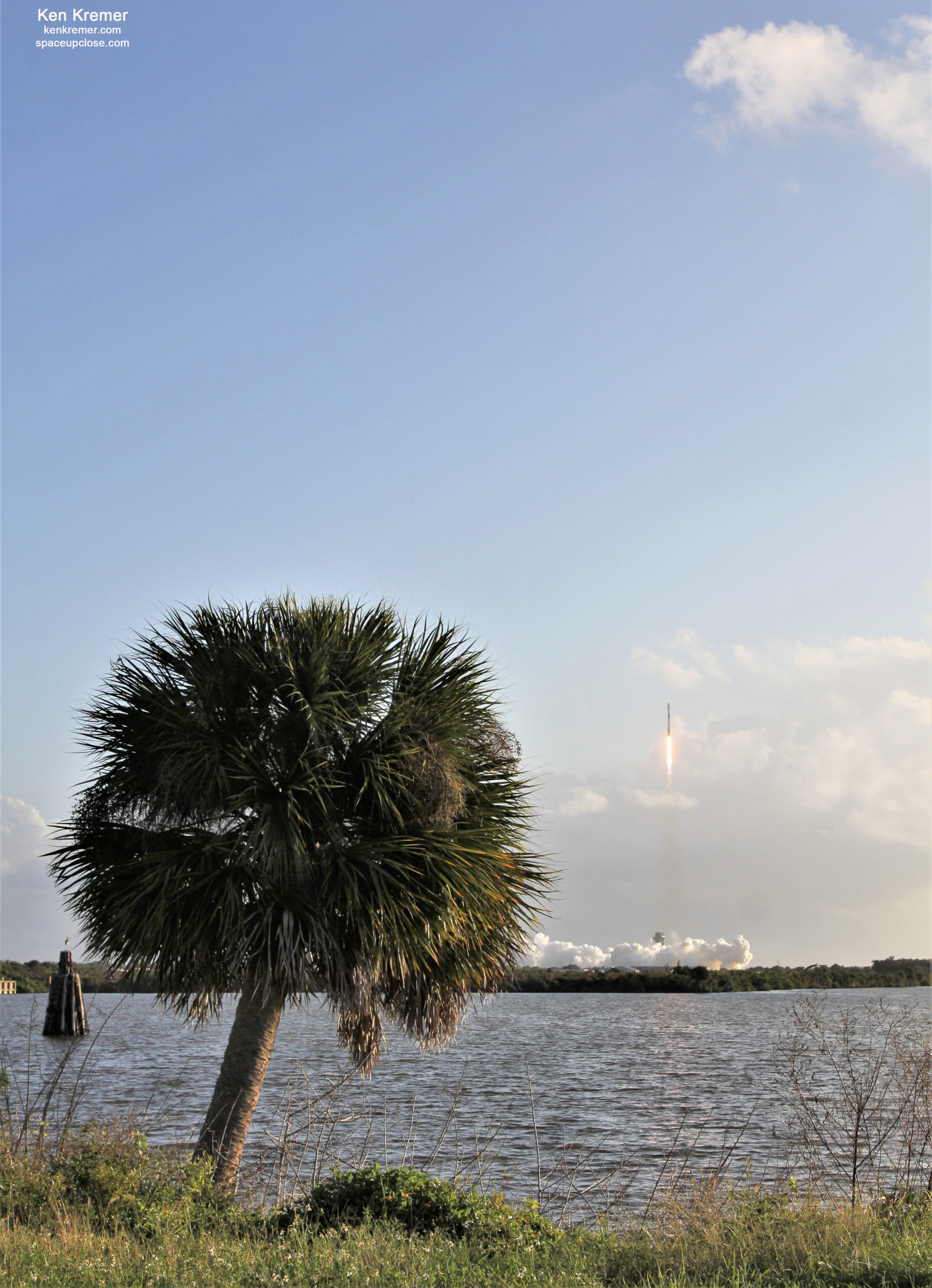
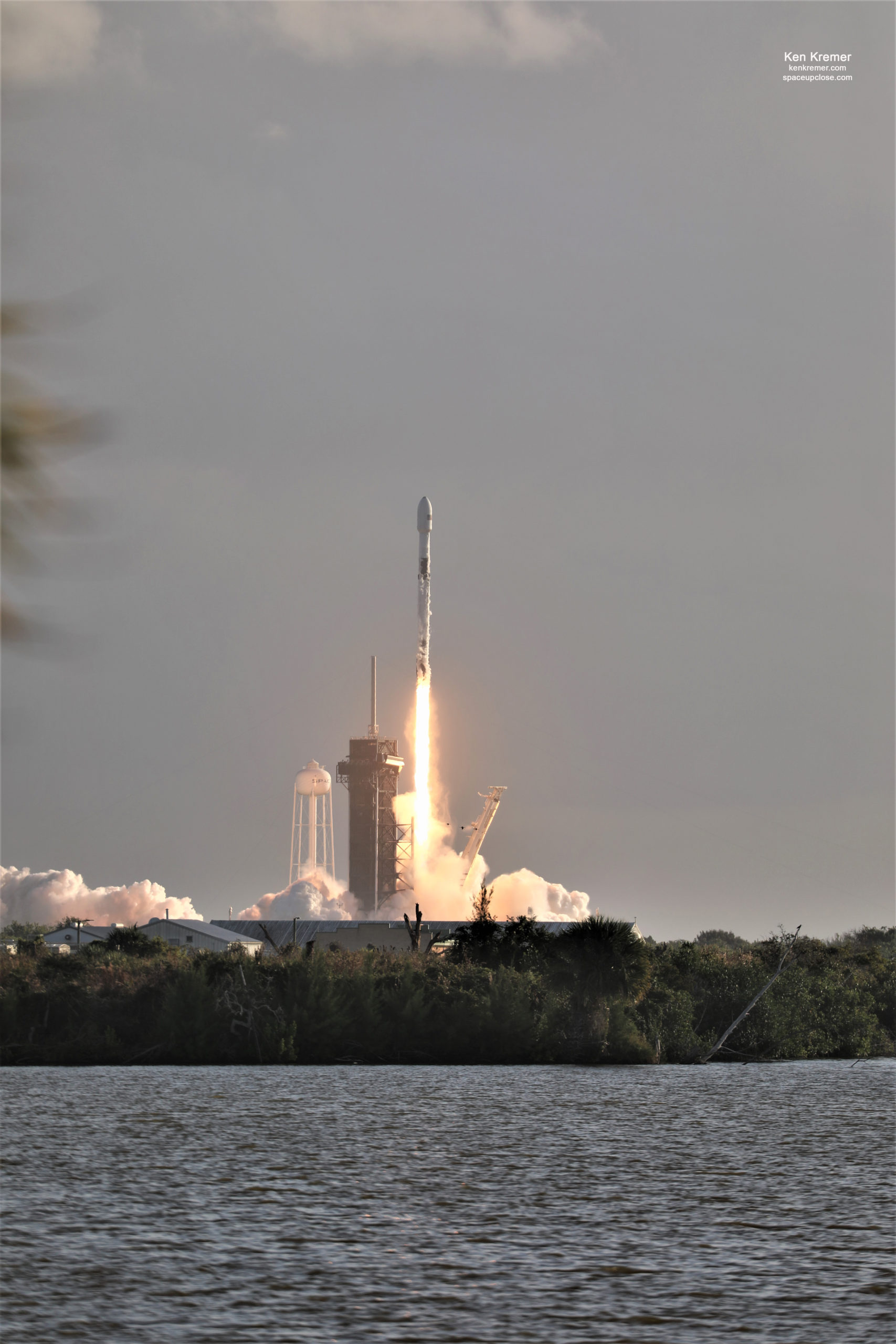
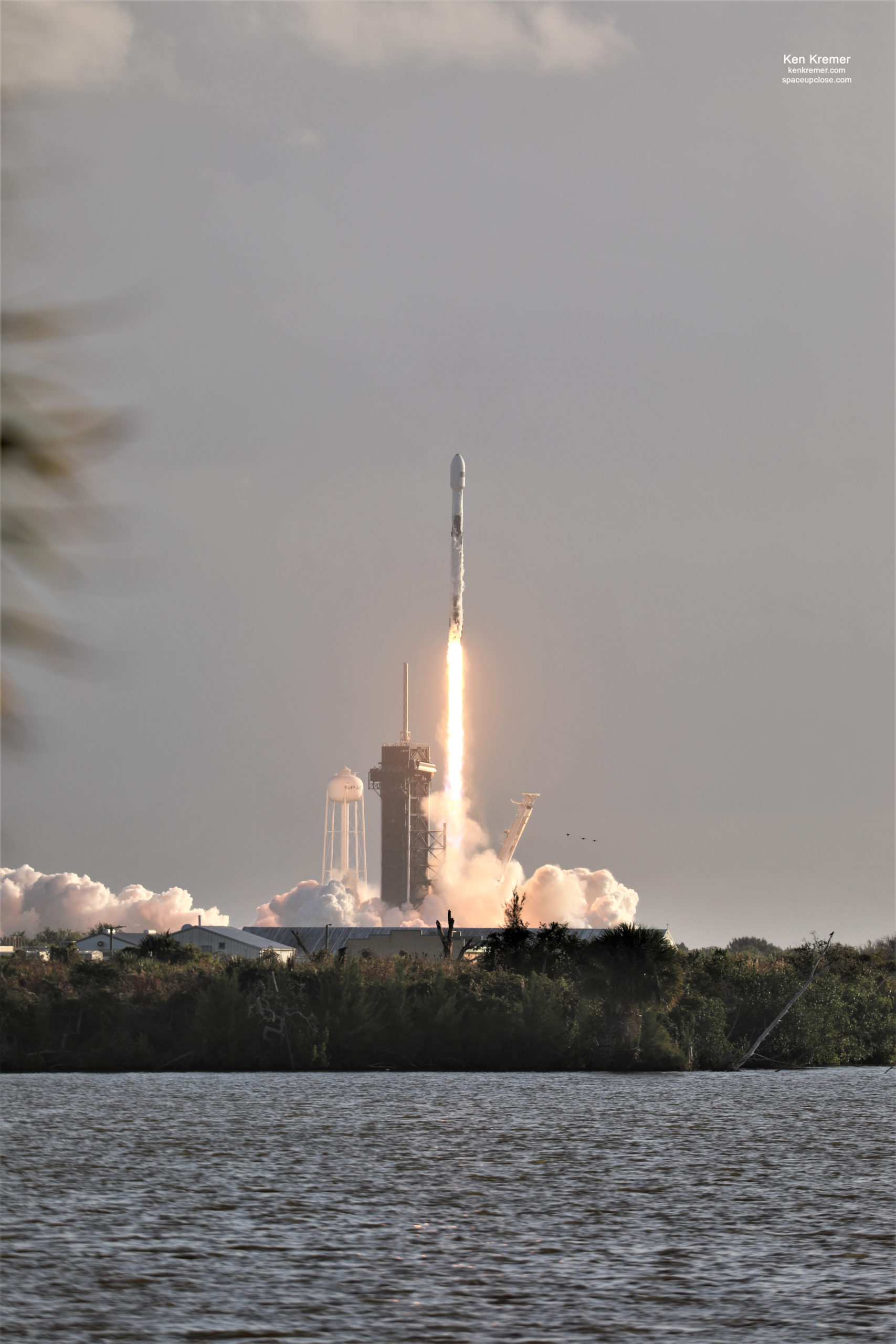
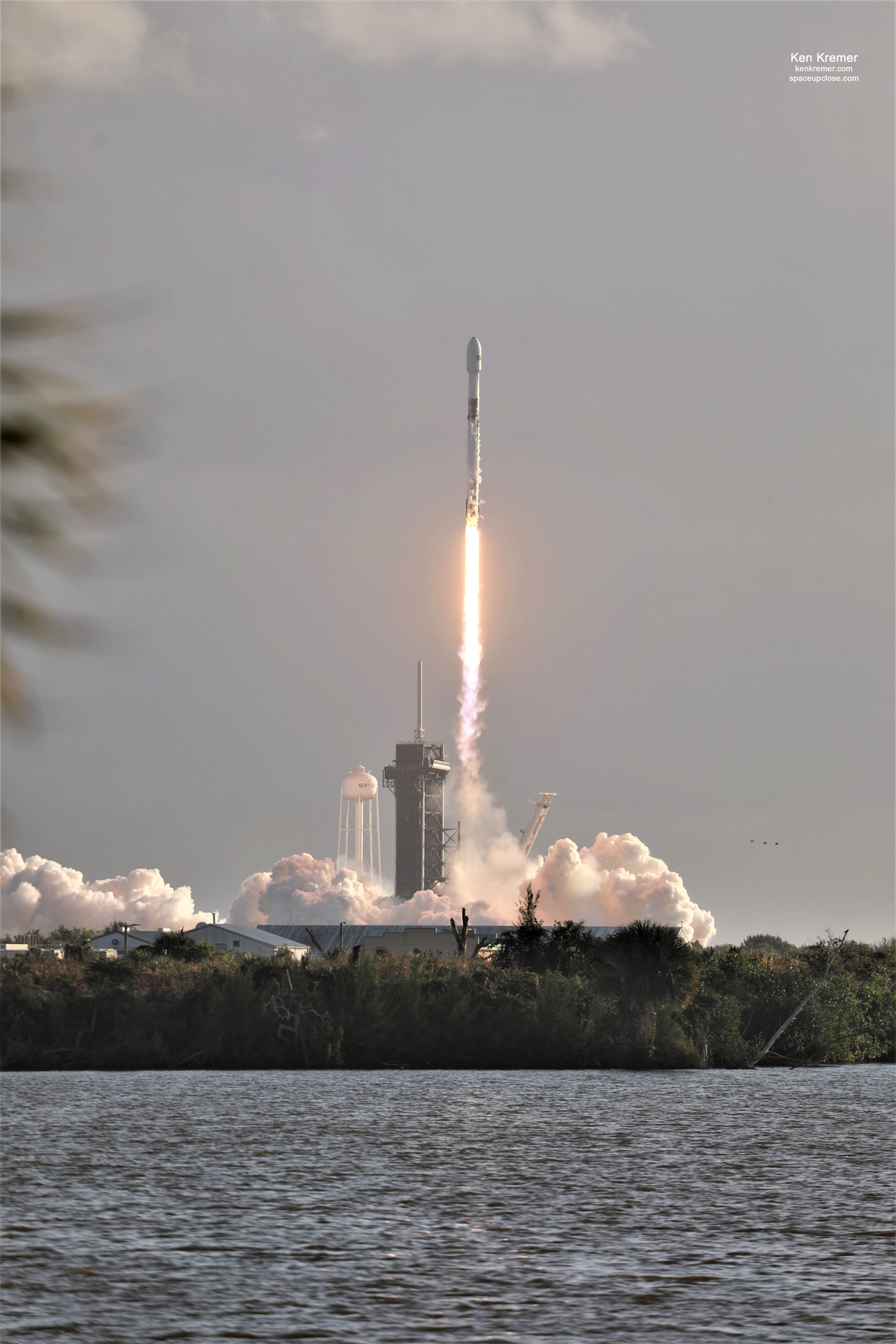
x


